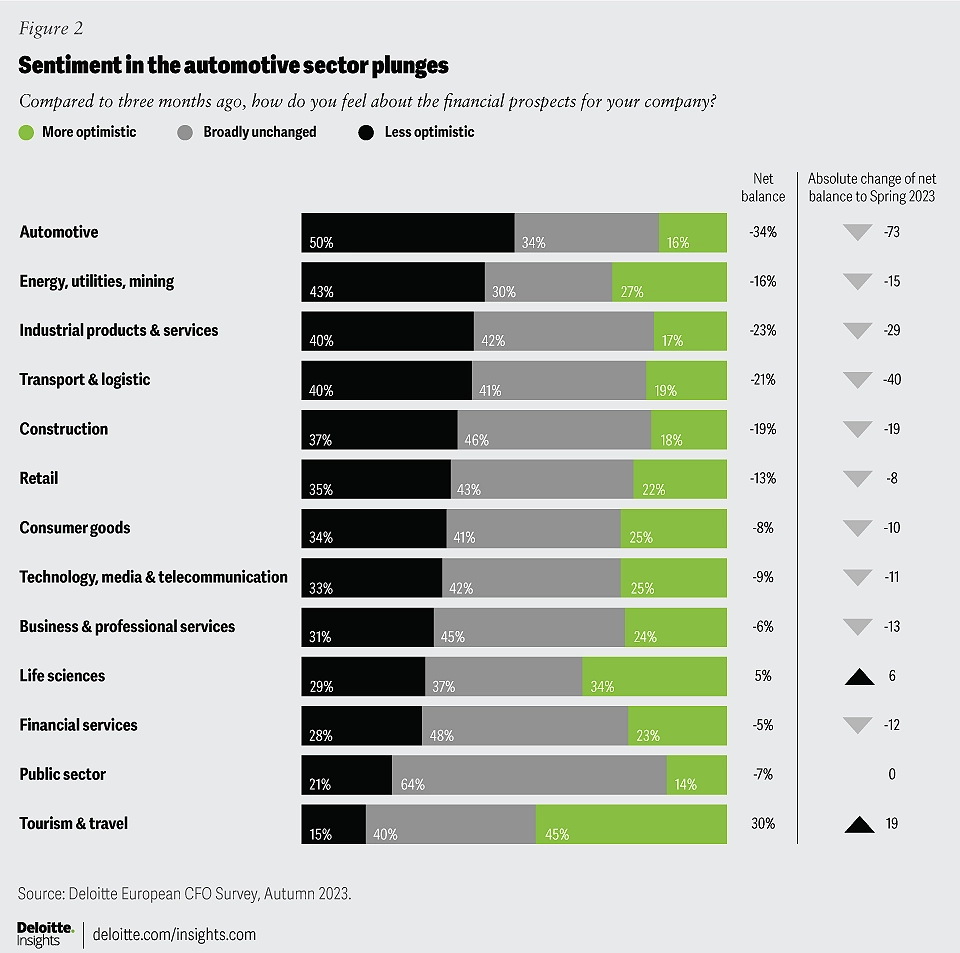Ontem comecei o dia no Twitter assim:
A 1 de Outubro último escrevi: A receita irlandesa na Gréciao meu lado leninista acha isto tentador https://t.co/hutBiyzfpj
— Carlos P da Cruz 🇺🇦🚜🇳🇱🇬🇪🇮🇱 (@ccz1) December 4, 2023
A 24 de Outubro no WSJ encontrei "Greece's Great Economic Comeback":
Talk about an economic comeback story. Less than a decade ago, Greece looked like it might never recover from its economic and political traumas. On Friday it won back an investment-grade credit rating from Standard & Poor’s.
The upgrade on Greek debt achieves a goal set by Prime Minister Kyriakos Mitsotakis, although it also sells short the scale of the transformation Mr. Mitsotakis has brought about in Athens. S&P Global cited “significant budgetary consolidation” and the summer’s electoral “mandate for policy continuity” to explain its decision—which, as so often with credit ratings, arrives behind the curve and for the wrong reasons.
Athens needed to get spending under control after the fiscal excesses of the early 2000s culminated in a debt crisis starting in 2009. But if a balanced budget were all the country required to be deemed investable, a credit upgrade would have happened by now. Greece agreed to three separate bailouts from its European peers between 2010 and 2015, all of which included punishing fiscal conditions.
Those conditions were never met because neither the bailout deals nor Greek politicians implemented a growth agenda. Voters grew exasperated with the first two bailouts-to-nowhere and in 2015 swung to the far left, electing Alexis Tsipras of the Syriza Party as Prime Minister.
Mr. Tsipras nearly blew up the eurozone, refusing to honor bailout conditions and going so far as to stage a botched referendum on euro membership before stepping back from the brink. Then he signed a bailout deal with its own fiscal strictures.
Mr. Mitsotakis’s innovation, since ousting Mr. Tsipras and bringing the center-right New Democracy party back to power in 2019, has been to focus on economic growth. He cut the corporate tax rate to 22% from 29%, has worked to rationalize government operations, and now is pushing ahead with privatizations. [Moi ici: Um não-geringonço, portanto]
The renewed optimism explains why the economy is expected to grow this year by about 2.5%, S&P expects government debt will fall to 146% of GDP from 189% in 2020, and investment is pouring in. All of this happened despite the pandemic, a migration crisis and several natural disasters. It also explains why Mr. Mitsotakis won re-election handily this summer.
Challenges remain for an economy that still is too dependent on a handful of industries such as tourism, and important regulatory reforms are needed to increase dynamism. But Mr. Mitsotakis has figured out that an economic growth agenda is the essential ingredient for building support for those reforms—and for balancing the books. That’s a lesson the rest of Europe—and America—could learn from the Continent’s former problem child."
Ontem ao final da tarde no Twitter encontrei:
You may have missed this last week: Greece's unemployment rate fell below 10% for the first time in 14 years. #Greece https://t.co/IR7Xe47LVJ pic.twitter.com/LFbmwrbMv7
— Derek Gatopoulos (@dgatopoulos) December 4, 2023













%2006.21.jpeg)












